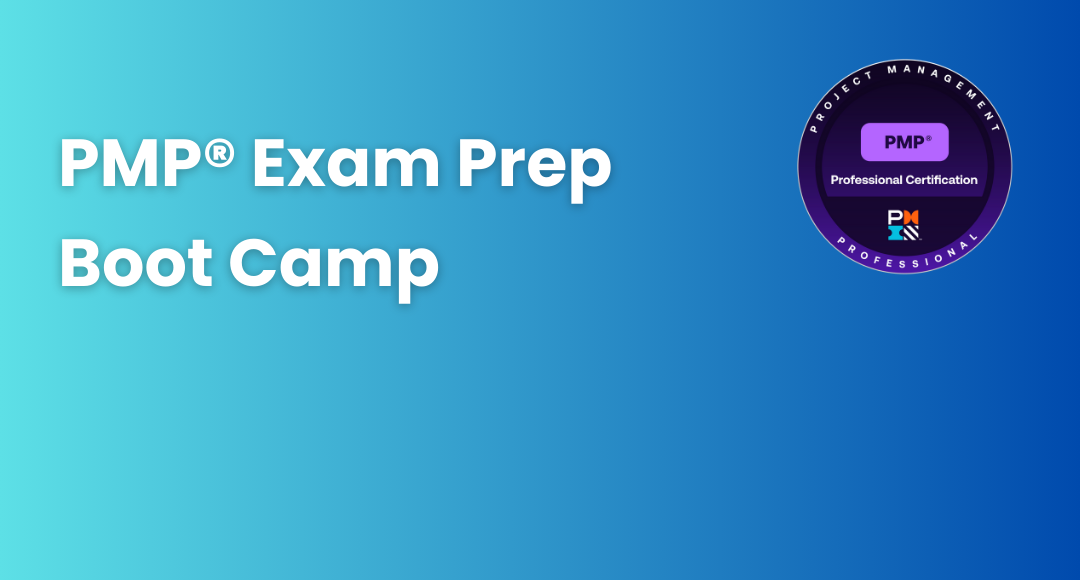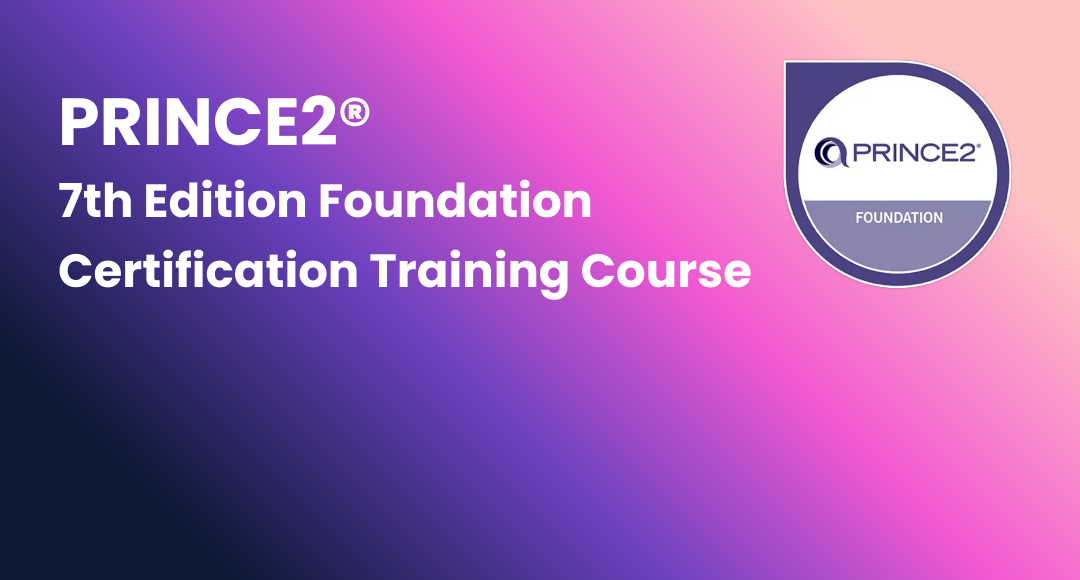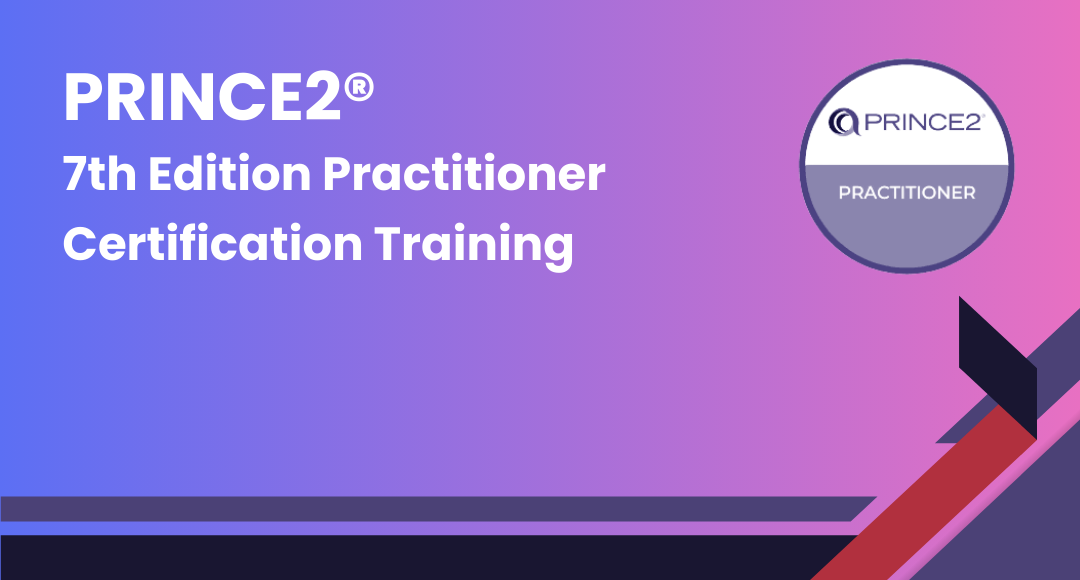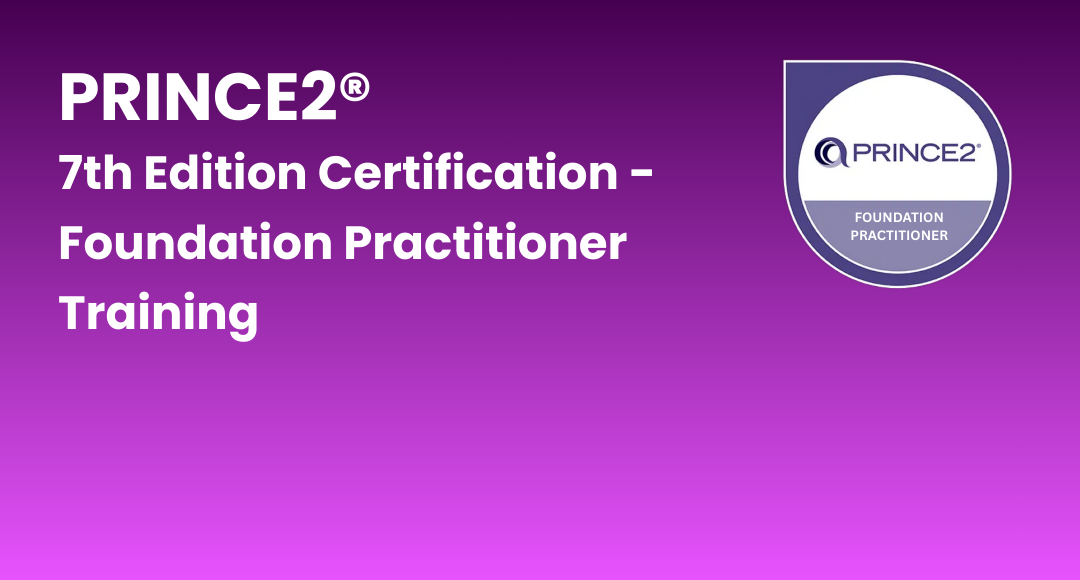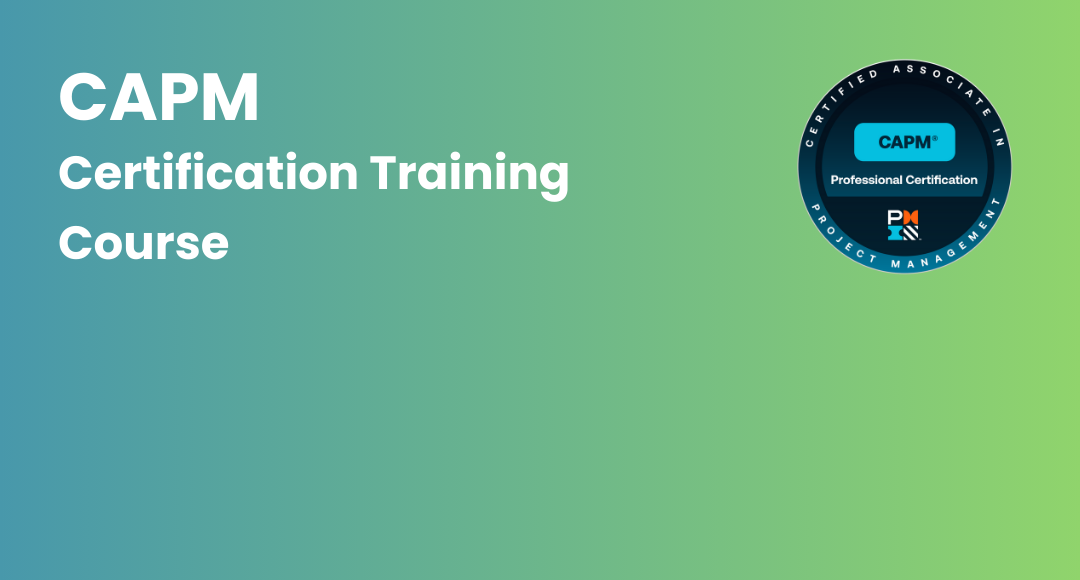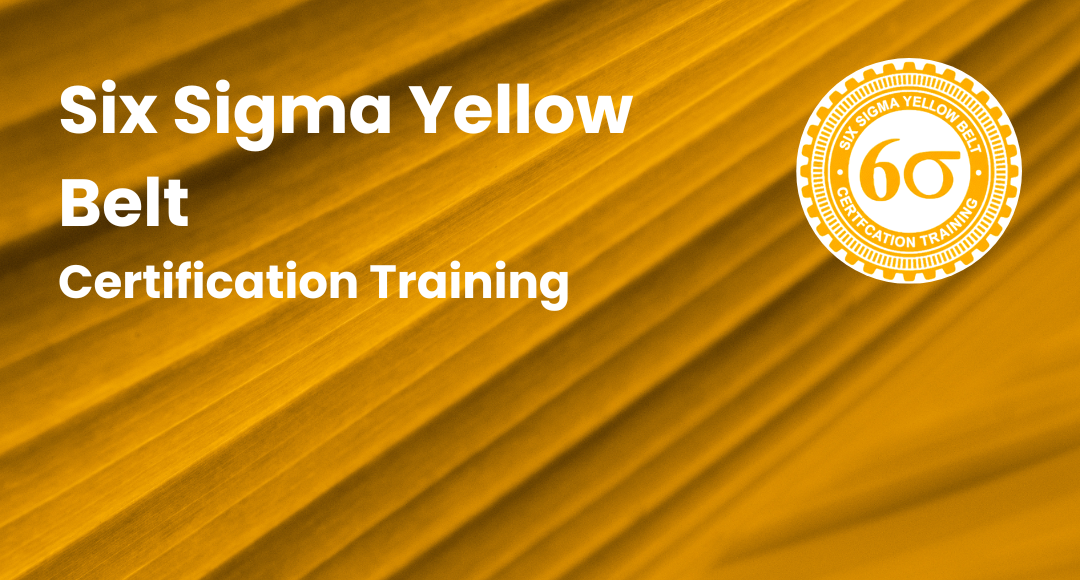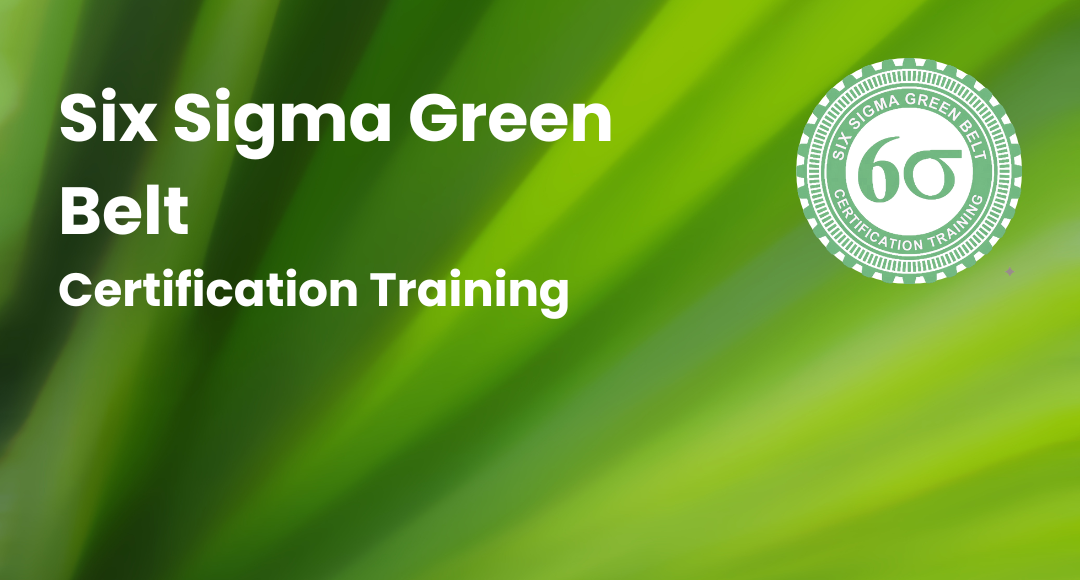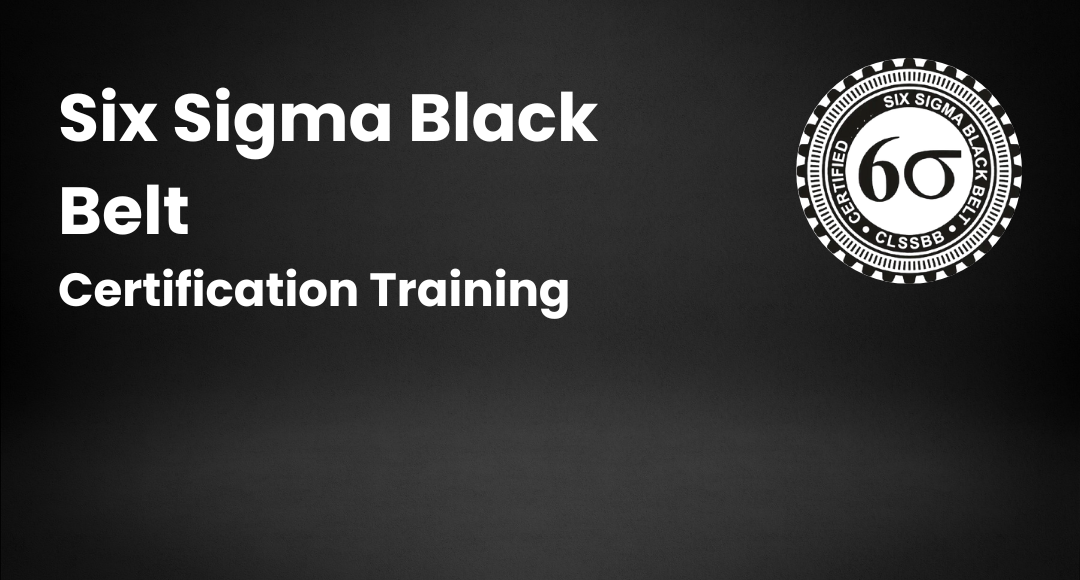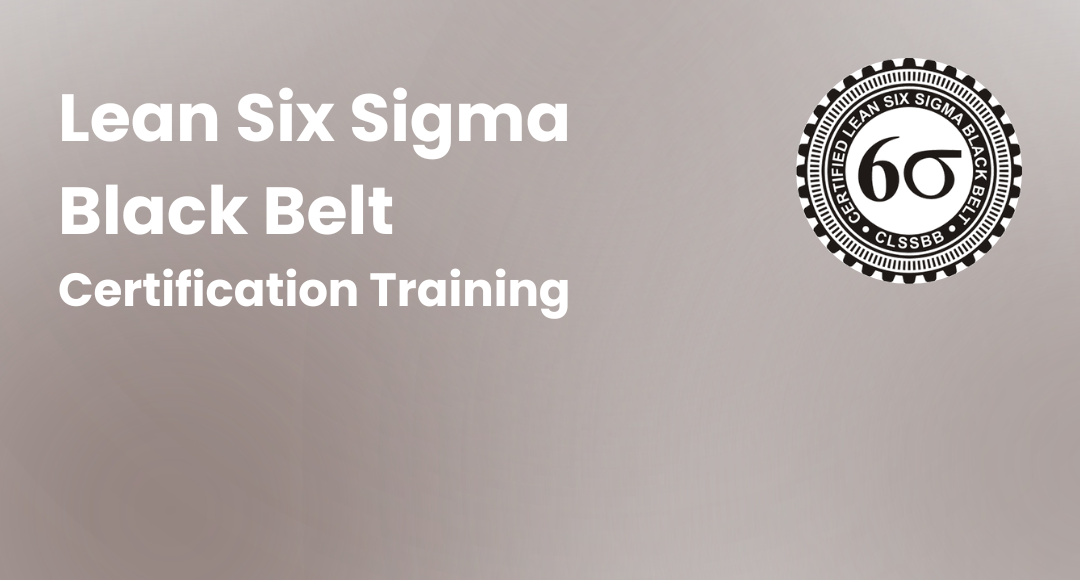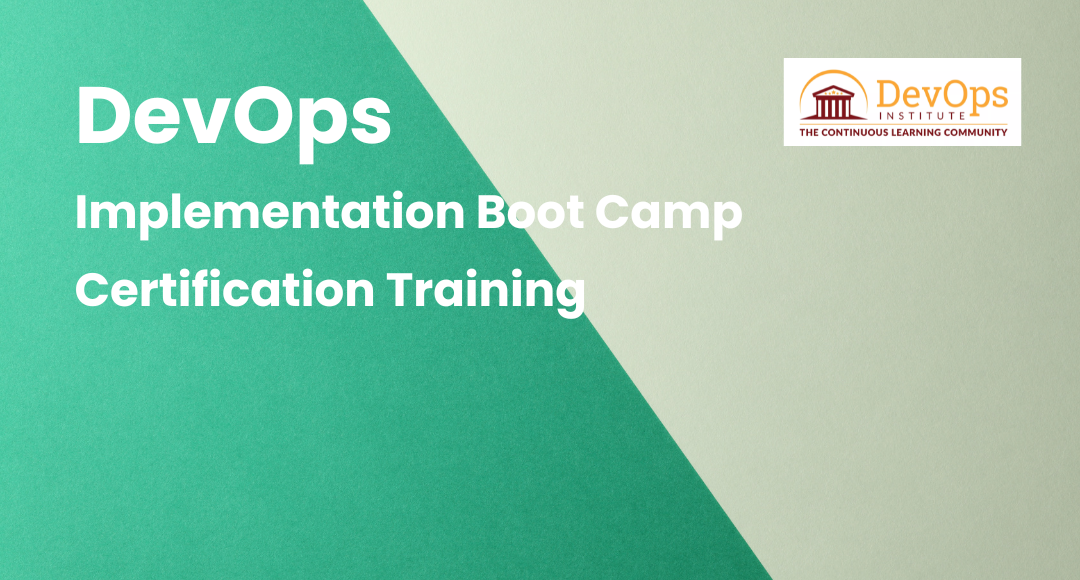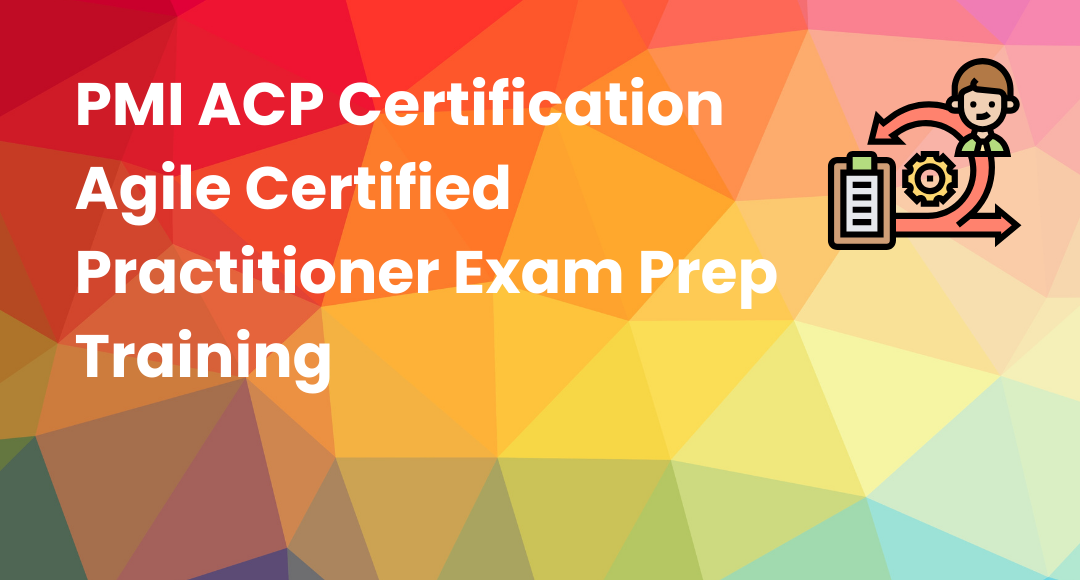The Power of Research in Mastering Certification Course Materials
-
 By Sprintzeal
By Sprintzeal
- Published on Apr 28 2025

Let’s be honest—enrolling in a certification course is a solid first step. But if you want to do more than just scrape by with a passing grade, you must go beyond the standard study guides and class lectures. Mastery means understanding how and why things work; that kind of insight only comes when you put in the extra effort.
This is where research becomes your best friend. It not only reinforces what you're learning, but gives you a broader perspective that’s essential for real-world application—whether you’re earning a Six Sigma belt, a PMP certification, or brushing up on AWS fundamentals.
Table of Contents
Why Research is the Backbone of Certification Success
Every certification course provides a roadmap—complete with topics, modules, and clear learning objectives. But here’s the catch: no course, no matter how comprehensive, can cover every real-world detail. Take a cybersecurity course, for instance. You might learn about standard vulnerabilities and protection methods, but chances are, it won’t explore the latest data or the rapidly shifting tactics used.
When you're preparing for a certification, especially while balancing work or other commitments, it helps to have additional resources that support your learning. This includes guides, explainer videos, and academic help services.
A good example is https://edubirdie.com/ — an academic assistance platform that offers professional help with structuring and improving writing projects. This service has been active in the academic support space for over ten years, working with students and professionals across disciplines. Their team helps simplify the learning process by offering guidance on content organisation, research depth, and proofreading.
Whether you're handling a complex assignment in your business analytics certification or writing a case study for a healthcare compliance course, their personalised assistance ensures clarity and quality.
Research, when paired with the right support, transforms the way you learn. It keeps your understanding dynamic, so you're not just studying to pass—you're studying to excel.
How Research Strengthens Real Understanding
Research isn’t just about collecting more information—it’s about connecting the dots. When you actively seek out case studies, expert opinions, or industry news, you start to see how the concepts in your course play out in real-world scenarios.
Take a digital marketing certification, for instance. You’ll study keyword strategy and ad performance in theory, but reading a blog post about Google's latest algorithm change? That shows you how SEO is evolving today. Watching an expert analyse a real PPC campaign teaches you how to apply your knowledge to real client goals. That’s the magic of research—it takes abstract ideas and makes them stick.
And this applies to any course. For example, reviewing real-world service management reports in an ITIL certification program can give you a clearer picture of how operational workflows function in practice. Similarly, if you're studying supply chain management, exploring case studies on global disruptions can make theoretical concepts feel much more tangible and relevant.
The more connections you make through research, the easier it becomes to recall, explain, and apply your knowledge when it matters most—during exams and on the job.
It Helps You Ask Better, Smarter Questions
One of the lesser-talked-about perks of doing your own research? It upgrades your curiosity. Suddenly, you’re not just passively absorbing content—you’re engaging with it. You’re wondering why a method works better in some scenarios than others. You notice gaps in the course materials. You get inspired to dig deeper.
This kind of curiosity is gold, especially in certification courses that encourage discussion or peer review. Let’s say you’re enrolled in a course. After researching different materials, you’ll likely bring more insightful points to group activities or online forums. That not only improves your learning but positions you as someone who goes the extra mile.
Even in self-paced programs, asking better questions leads to better answers—whether from instructors, fellow learners, or your own exploration.
Standing Out in a Crowd of Certification Holders
With more people earning certifications than ever before, simply having one isn’t always enough to differentiate yourself. Employers and clients are looking for professionals who can think critically, solve problems, and adapt quickly—and that’s exactly what strong research habits help you develop.
By referencing current events, citing authoritative sources, or using data to support your ideas in assignments, presentations, or interviews, you show initiative and real understanding. Whether you're writing a report for your course or presenting a solution in a workshop, well-researched input helps you stand out.
Practical Tips for Smarter Research
You don’t need to spend hours every night digging through dense academic journals to become a better learner. The key to effective research lies in being intentional, focused, and strategic with your time. Here are a few practical tips to help you get the most out of your research efforts:
- Have a clear goal
Before diving into Google, define what you’re looking for. Are you trying to understand a specific concept better? Find real-world examples? Compare different approaches? Having a clear research question or topic in mind helps you avoid falling into a rabbit hole of unrelated information and keeps your efforts focused on your learning objectives.
- Use trusted sources
Not all information is created equal. Stick with reliable materials such as course-recommended readings, academic journals, industry publications, and respected blogs in your field. If you're preparing for a project management certification, for example, sources like PMI's website or Harvard Library are much more credible than a random forum post. Trusted sources ensure you're learning the right information—and not misinformation.
- Stay organised
As you research, it’s easy to lose track of where you found that one useful quote or insightful diagram. Use bookmarks, folders, or digital tools like Notion, OneNote, or Evernote to keep everything in one place. Organise your notes by topic or course module so that reviewing later becomes much easier—and less overwhelming.
- Summarise key points
Don’t just copy and paste. Take a moment to summarise what you’ve read in your own words. This not only reinforces your understanding but also helps with retention. Writing short reflections or explanations of how a piece of information connects to your course material makes it far more likely to stick with you during exams or practical application.
When done effectively, even 20 to 30 minutes of focused research each day can significantly deepen your understanding. It's not about reading more—it's about reading smarter. Making research part of your study routine will help you approach certification content with greater confidence and insight.
Final Thoughts: Let Research Work for You
At the end of the day, certifications are more than just pieces of paper—they’re proof that you’re capable, committed, and informed. But the real value doesn’t come from memorising facts or finishing modules. It comes from engaging with the material, exploring beyond the curriculum, and applying your knowledge in practical ways.
Research helps you do exactly that. It empowers you to turn textbook lessons into professional wisdom. So next time you sit down with your course materials, go the extra mile. Ask questions, look for answers, and don’t be afraid to explore. Because that’s what transforms a certification into a career-building asset.
Popular Programs
CAPM® Certified Associate Project Management
Live Virtual Training
- 4.6 (962 + Ratings)
- 3k + Learners
Trending Posts
How Financial Literacy Enhances Professional Credibility and Career Growth
Last updated on Jan 16 2026
How a Paystub Generator Online Saves Time and Effort
Last updated on Jan 21 2026
Growing Demand for Certified Professionals and the Importance of Certification
Last updated on Nov 4 2025
The 10 Best Online Photo Storage Platforms for Professional Image Archives
Last updated on Nov 21 2025
STAR Interview Method: How to Use It & Ace Interviews
Last updated on Aug 23 2023
Importance and Necessity of Mobile Apps For Today's Businesses
Last updated on Nov 6 2025
Categories
- Other 75
- Agile Management 49
- Cloud Computing 58
- Project Management 174
- Data Science 68
- Business Management 88
- Digital Marketing 84
- IT Service Management 36
- Programming Language 61
- AI and Machine Learning 91
- IT Security 113
- Quality Management 78
- IT Hardware and Networking 26
- Microsoft Program 5
- Workplace Skill Building 15
- Risk Management 9
- Information Security 8
- Leadership and Management 9
- Corporate Training and Development 1
Trending Now
Growing Demand for Certified Professionals and the Importance of Certification
ArticleImportance and Necessity of Mobile Apps For Today's Businesses
ArticleSprintzeal's App And Web Learning System Is Taking Professional Training Experience To New Level
ArticleUnlimited Course Access
ArticleHalloween Special - Best Certification Courses in Just USD 10
Article7 Outstanding Benefits of E-learning for Busy Employees
ArticleCoronavirus Latest Update and News | Psychology behind coronavirus urgency
ArticleCoronavirus Outbreak – Invest in your Career and Spend time Being Productive
ArticleSprintzeal on COVID-19 Outbreak and Updates in Services.
ArticleBest cybersecurity certifications in 2026
ArticleIT Skills in Demand 2026
ArticleTop Jobs in 2026 - Explore Trending Career Options
ArticleTop Angular Interview Questions and Answers 2026
ArticleKafka Interview Questions and Answers 2026
ArticleTop 5 Professional Career Courses to Consider after Graduation
ArticleTop Trending Professional Certifications to Get in 2026
ArticleBest Certifications for Trending Jobs in 2026
ArticleIT Certifications List – Most Popular Certifications in 2026
ArticleTop Technology Trends in 2026
ArticleBest Paying Jobs in Technology
ArticleCertifications that Pay Well in 2026
ArticleTop 10 Certifications to Boost Your Career in 2026
ArticleGuide to Data Protection - Essentials and Best Practices
ArticleHow to Accept a Job Offer Like a Pro
Article5 P's of Job Hunting: The 5 Pillars of Job Hunting for Success
ArticleHow to Negotiate a Salary Offer: Your Path to Financial Success
ArticleSTAR Interview Method: How to Use It & Ace Interviews
ArticleLatest Software Developer Salary Trends - 2026
ArticleWhy is Sprintzeal Training the Right Choice for Your Career?
ArticleBoost Your Career Success in 2026 with These Top ISO Certifications
ArticleThe Downfall of Yahoo | Lessons to Learn
ArticleHow to Capitalize on Immediate Momentum in Trading
ArticleHow Does Adverse Media Screening AI Improve Due Diligence in Finance?
ArticleRitz-Carlton Gold Standard: The Secret Behind Luxury Hospitality
ArticleUpgrade Your Interior Design Company with the Right Tools
ArticleHow to Choose the Best Chaos Testing Tools?
ArticleCustomer Experience (CX): Definition, Importance, and Strategies for Success
ArticleTop 11 Highest Paying Jobs Globally 2026
ArticleWhat are QR Codes? Ways to Scan Them in 2026
ArticleDistance MBA from IGNOU: A Complete Guide with Financial Management Specialization
ArticleResearch Paper Writing Decoded:
ArticleMake the Most from Your Research Paper:
ArticleTop Travel Apps You Need for Your Next Trip in 2026
ArticleBeyond the Books: Why JEE Aspirants Should Consider Short-Term Certifications
ArticleMastering Business Leadership: How an MBA Shapes Your Future
ArticleSteps to Take After an Occupational Illness Diagnosis
ArticleExploring 7 AI Therapist Platforms That Are Changing Mental Wellness in 2026
ArticleCocoFinder Review: Conducting People Search Made Simple & Free
ArticleEducation Loan—Your Key To Studying Abroad
ArticleTop 10 online schools and colleges for all your academic dreams
ArticleThis Isn’t Just for Celebrities: Why Regular People Are Turning to Reputation Help
ArticlePractical Tips to Avoid Plagiarism in Exam Prep and Professional Training
ArticleLatest NLP Interview Questions & Answers 2026 updated
ArticleTop Statistics Interview Questions to Help You Prepare
ArticleTop 5 Online Platforms for Getting TEFL Certified in 2026
ArticleHow Professional Certifications Improve Career Growth for Students and Young Professionals
ArticleTop 8 Apps for Efficient Business Communication and Certification Success
ArticleKoke AI Review: A Smarter Way to Manage Citations
ArticleFrom Policy to Practice: Building a Compliance eLearning Roadmap
ArticleThe Real Advantages of Studying at Private Universities Abroad
ArticleThe 3 Best Telehealth Video Conferencing Software for Secure Patient Consultations
ArticleThe 10 Best Online Photo Storage Platforms for Professional Image Archives
ArticleTop Master's in International Hospitality Management Programs
ArticleVoice-of-the-Customer (VoC) - And How it can Build Your Career.
Article8 Leading Energy Technology Trends to Watch in 2026
Article7 Culinary Business Schools Offering Global Industry Access
ArticleTop Caribbean Medical Schools for U.S. Residency Placements
ArticleUnderstanding Mobile Command Centers
ArticleMaking Smarter Decisions About Education
ArticleHigh-Paid Certifications That Employers Value
ArticleHow Financial Literacy Enhances Professional Credibility and Career Growth
ArticleHow a Paystub Generator Online Saves Time and Effort
ArticleHow to Get the Most Out of Your Web Hosting Service
ArticleChoosing the Right Photo Printer for Your Portrait Studio: DNP vs. Dye-Sub vs. Inkjet
Article